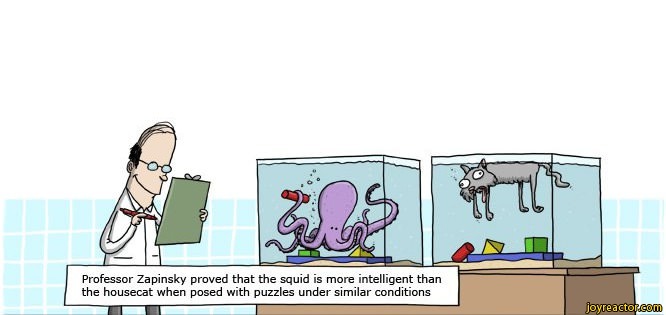ISO 29119 wants a standardized approach to software testing. Every single tester at Qxf2 Services has signed the petition to stop ISO 29119. I am laying out some reasons for why we signed the petition to stop ISO-29119. I feel like this battle is shaping to be a tipping point in eradicating some common misconceptions about software testing. Please consider signing the petition.
Background
At Cast 2014, James Christie gave a talk titled Standards – promoting quality or restricting competition?. He made a compelling case for why applying standards to software testing is not only wrong but also worrying. In the Q&A section that followed the talk, tester Karen Nicole Johnson suggested that the testing community do something and not just talk about it. She suggested that the group start a petition. There was enough energy in the room supporting the idea. A petition (two actually) was soon born.
Why Qxf2 testers signed the petition to stop ISO 29119
1. There is no standard way to test software
There is no standard way to perform software testing. As experienced testers, we learn and adapt to the context in which software is made. Further, I do not believe that the field of software testing has reached its peak. There is so much more to learn. There are so many more situations to understand. There are so many more techniques to discover. I feel like the people who think testing can be standardized are suffering from what psychologists call end of history illusion.

Usually, I would not bother too much but calling something a standard has certain undesirable implications. Calling something a “standard” implies it is superior to the non-standard thing. This incorrect naming of something as a standard will give birth to a whole new set of misconceptions about what good testing looks like. And that is a problem that affects me and my career.
2. There is no consensus
ISO 29119 ignores the existence of the context driven testing school. If you consult the references section in this post, you will notice all the top testing names have opposed ISO-29119. The petition itself has hundreds of signatures already. Anyway you look at it, there is no consensus.
3. ISO 29119 is not open
ISO 29119 is behind a pay wall. There is no open source on the web where I can go read the ISO-29119 standard. Given that ISO 29119 applies to testers, we emailed the convener of ISO 29119 (Stuart Reid) on 19-Aug-2014 asking for access. We have not received a response as of 04-Sep-2014. UPDATE: Stuart Reid replied at ~10:45 am EST on 05-Sep-2014 confirming that there are no free copies of the standard.
4. ISO 29119 hinders collaboration in multi-disciplinary teams
A lot of software is produced by multi-disciplinary teams collaborating. Imagine if the tester alone has to follow the rules and guidelines of ISO 29119 (even when they do not apply to the project) while the rest of the team marches on. Doesn’t that hinder collaboration? Does the tester fit in the team anymore?
5. Excellent return on my time investment
I needed to fill out a form with three fields and it took me two minutes. The two minutes I spent could prevent me, my employees and my fellow professionals from having to spend countless hours on useless documentation, red tape and court visits.
What YOU can do
For those inclined, here are somethings Team Qxf2 has done to move the conversation along.
1. Sign the petition.
2. Share the petition link with your colleagues (not just testers) and your favorite social media watering holes.
3. Test well. Represent good testing passionately.
References
1. James Christie’s original CAST talk and this blog post
2. Karen Johnson’s thoughts on certifications
3. Cem Kaner on stopping ISO 29119
4. James Bach on stopping ISO 29119
5. Michael Bolton here and here
6. Round table discussion: Part I and Part II
7. More references here
I want to find out what conditions produce remarkable software. A few years ago, I chose to work as the first professional tester at a startup. I successfully won credibility for testers and established a world-class team. I have lead the testing for early versions of multiple products. Today, I run Qxf2 Services. Qxf2 provides software testing services for startups. If you are interested in what Qxf2 offers or simply want to talk about testing, you can contact me at: [email protected]. I like testing, math, chess and dogs.
One thought on “%1$s”